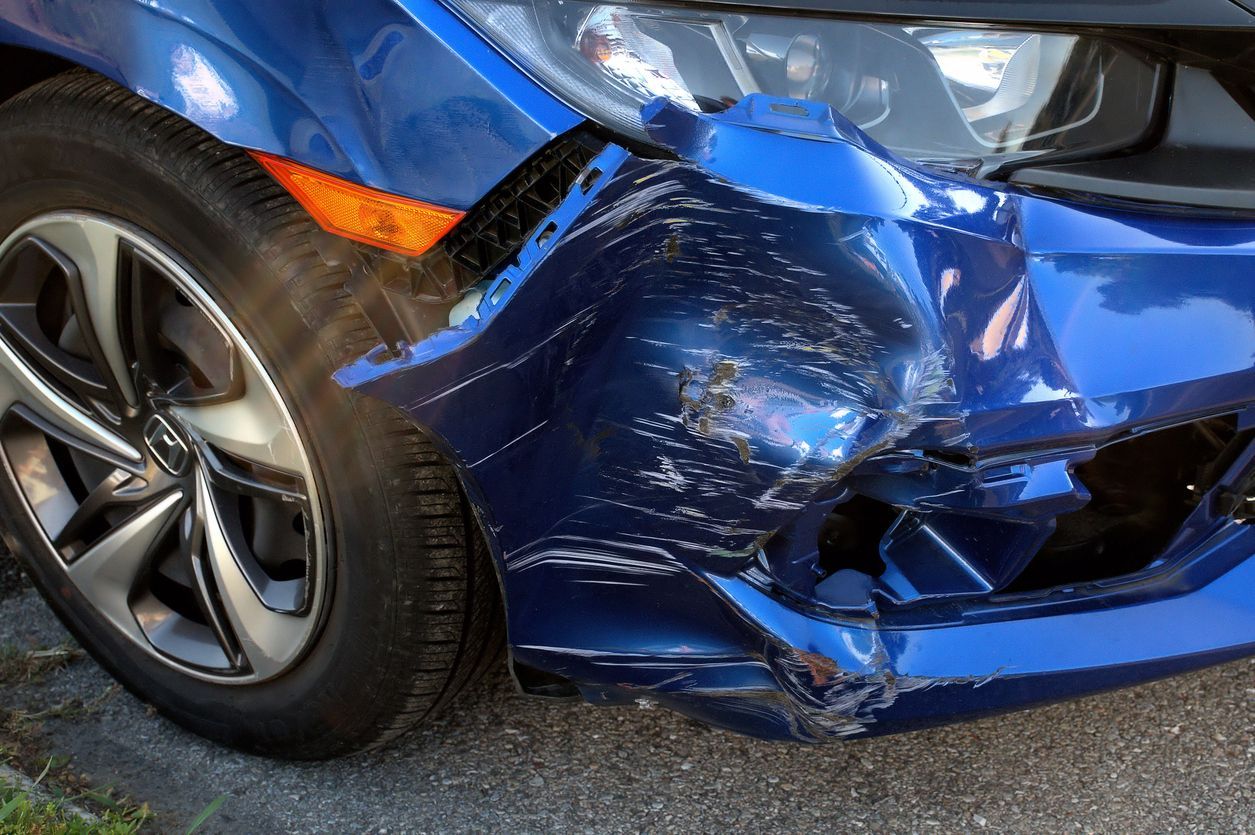How Long To File A Work Comp Claim
Finder Law Serves Clients Across Jefferson City, Columbia, and Central Missouri
Understanding Missouri’s Time Limits for Filing a Workers’ Compensation Claim
Workers' compensation is designed to provide financial relief for employees who are injured or become ill due to their job. If you've been injured while at work in Missouri, it’s crucial to understand the time limits—called the statute of limitations—for filing a workers' compensation claim. Failing to meet these deadlines could result in your claim being denied, leaving you with little or no recourse to recover benefits.
Here’s a breakdown of how long you have to file a work comp claim in Missouri, including key dates and factors that can affect the timeline.
General Statute of Limitations for Workers’ Compensation Claims in Missouri
In Missouri, the statute of limitations for filing a workers’ compensation claim is generally
two years from the date of the work-related injury. This means that you have two years to file a claim with the Missouri Division of Workers' Compensation, starting from the date of the accident that caused the injury or illness.
Important Note: You should report your injury to your employer as soon as possible, even though you technically have two years to file the claim. Reporting your injury promptly helps ensure that your case is properly handled.
What If You Did Not Realize You Were Injured Right Away?
In some cases, injuries might not be immediately apparent, particularly with conditions like repetitive stress injuries or illnesses that develop over time. For example, some workers may experience back or joint pain, or even develop illnesses like carpal tunnel syndrome or respiratory issues that worsen over time due to their work environment.
In Missouri, the statute of limitations may be extended in cases of occupational diseases or injuries that do not manifest right away. For these types of claims, the clock typically starts ticking from the date you knew or should have known that the injury was related to your work.
For example, if you’re diagnosed with a work-related illness such as silicosis, the two-year period begins when you receive the diagnosis, not when the illness began affecting you.
What Happens If You Miss the Statute of Limitations?
If you fail to file your workers' compensation claim within the two-year statute of limitations, your claim will likely be
barred. This means you won’t be able to pursue benefits for your injuries, including medical expenses, lost wages, or disability payments.
To avoid this, it’s crucial to report any work injury as soon as it occurs. Even if you’re uncertain whether the injury will result in a serious claim, it’s better to be proactive and file a claim early on.
Other Important Deadlines to Be Aware Of
- Reporting the Injury to Your Employer: Missouri law requires employees to report their injuries to their employer within 30 days of the accident or injury occurring. Failing to do so may make it more difficult to prove your claim and may result in the denial of workers' compensation benefits.
- Claim Filing Deadline: While the general statute of limitations is two years from the date of the accident, you must file a formal claim with the Missouri Division of Workers’ Compensation. This claim should be filed within that two-year window to preserve your right to compensation.
- Temporary Disability Benefits: If your work injury causes you to miss work for an extended period, you may be eligible for temporary disability benefits. However, the longer you wait to file, the more you risk not receiving compensation for time off work, so it’s crucial to file early.
Exceptions to the Two-Year Rule
There are some exceptions to the standard two-year statute of limitations:
- Minors and Legally Incapacitated Employees:
If the injured worker is a minor or has been legally declared incapacitated, the two-year statute of limitations may be extended. In these cases, the time limit is often tolled (paused) until the person reaches the age of majority or is restored to legal capacity.
- Fraudulent Concealment of Injury:
If the employer or insurance company intentionally hides the injury or illness from the employee, the statute of limitations may be extended until the employee reasonably discovers that the injury is work-related.
Why Timeliness Is Key
It can be tempting to delay filing a workers' compensation claim if the injury seems minor or if you are unsure of the long-term effects. However, waiting too long can jeopardize your right to benefits. The earlier you report the injury and file your claim, the easier it will be to prove that the injury is work-related and that you are entitled to compensation.
Conclusion
In Missouri, workers' compensation claims generally need to be filed within
two years from the date of the injury, but there are exceptions depending on the nature of the injury and how long it takes for symptoms to manifest. Don’t wait until the last minute—file your claim as soon as possible to ensure your rights are protected.
If you're unsure about whether your case qualifies for workers' compensation or if you're approaching the deadline to file your claim, it's highly recommended that you consult with an experienced workers' compensation attorney. They can help guide you through the process and ensure you meet all deadlines and requirements for filing your claim. Daniel Finder at Finder Law, LLC has the legal knowledge and expertise to answer your questions and help ensure your claim is protected.
Call our office today to set up a consultation to discuss your case.
Remember, workers' compensation laws can be complex, and timing is everything when it comes to ensuring your claim is properly handled.
This blog is for informational purposes only and does not constitute legal advice. For specific guidance, please contact our office directly.












